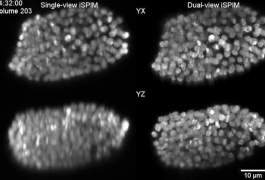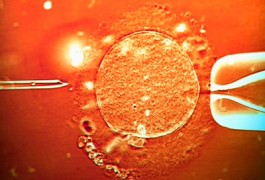How do we begin to treat autism’s most severe cases?
A new research network aims to study autism’s least-understood population: those with the most severe forms of the disorder. Three experts weigh in on the project’s potential impact.
From funding decisions to scientific fraud, a wide range of societal factors shape autism research.
A new research network aims to study autism’s least-understood population: those with the most severe forms of the disorder. Three experts weigh in on the project’s potential impact.

Watch the complete replay of Michael Merzenich discussing how the brain’s ability to change with experience may lead to new treatments for autism.

Delays in access to autism diagnosis and care are widely acknowledged. These concerns are spurring the medical community to take a hard look at the failings of professional training in contributing to the problem.

Men who have an extra X chromosome have an elevated risk of developing autism, schizophrenia or bipolar disorder, according to a study in the January issue of the Journal of Psychiatric Research.

Carrying a duplication of the 22q11.2 chromosomal region may protect against schizophrenia, suggests a study published 12 November in Molecular Psychiatry. This is the first evidence of a genetic region that lowers the risk of a disorder rather than increases it.

How can we characterize what is atypical when we don’t fully understand what typical brain development looks like, particularly under the age of 5? Christine Wu Nordahl explains the importance of scanning the brains of typically developing children.

Mice with a duplication of SHANK3, a gene with strong links to autism, are hyperactive and manic, reports a study published 7 November in Nature.

Intelligence quotients and education levels are not as important for people with autism when it comes to life satisfaction and the ability to live independently, says Emily Willingham.

Researchers have developed a new way to perform high-resolution microscopy in a moving, changing organism, they reported in November in Nature Biotechnology. They used the method to follow the development of a live embryo and its brain.

Studies with the best quality ratings and the largest sample sizes showed no increased risk of autism for children born from assisted reproductive technologies, reports a review published in the December issue of Human Reproduction.